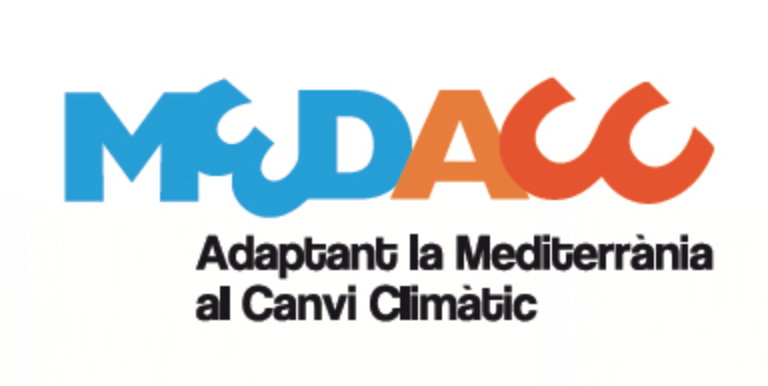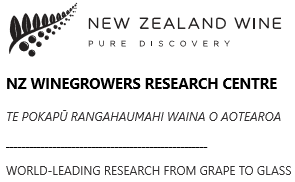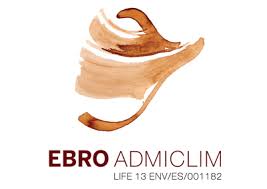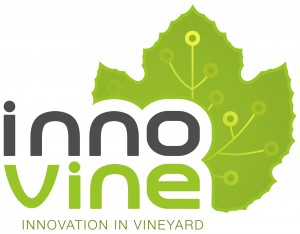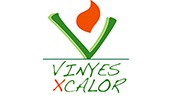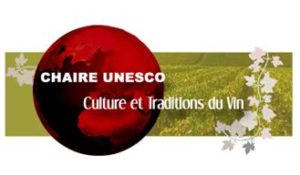Networking
The main objective of LIFE-IP NAdapt-CC is to increase resilience to climate change in the Spanish region of Navarre. This will be achieved through the principles of participation (involving all key stakeholders), cross-sectoriality (breaking down divisions between sectors), long-term sustainability (enhancing regional capacities), subsidiarity (decision-making close to citizens) and networking (ensuring successful replication of results).
MEDACC aims at testing innovative solutions in order to adapt agro-forest and urban systems to climate change in the Mediterranean basin. Thus, MEDACC contributes to the design and implementation of adaptive strategies and policies which are being developed at national and regional level in the Euro-Mediterranean area. In Catalonia, MEDACC will be a key tool in the implementation of the Catalan Strategy for Climate Change Adaptation (ESCACC 2013-2020).
LIFE Sarmiento project, supported by the EU’s funding instrument for the environment and climate action (LIFE), seeks to solve the problem related to the management of annual grapevine pruning (shoots or sarmientos in Spanish) by transforming them in compost and adding the resulting product to soil as an organic amendment, thus preventing its burning and improving soil status.
Life Priorat+Montsant is a project financed by the European Commission whose main objective is to develop and demonstrate a large-scale model of sustainable wine production in the region of Priorat through the application of a set of methodologies for the efficient use of natural resources throughout its value chain, which is subsequently reproducible in other wine-growing regions of the European Union
The New Zealand Winegrowers Research Center (NZWRC) was established in 2017 as a part od the New Zealand government’s Regional Research Institute (RRI) Initiative. Our mission is to provide world-leading research from grape to glass. The NZWRC will provide cutting-edge science, research and innovation to benefit New Zealand’s entire wine industry, and its key stakeholders. Regionally based in Marlborough – New Zealand’s largest wine-growing region – the Centre will have a national focus, and global reach, providing world-leading research and innovation for commercial grape and wine production. One of our core research themes is „Protecting our Terroir, Provenance and Eco-systems“. Central to this is our research program „Adaptation techniques to manage the impact of climate change for NZ grape and wine production“. As part of this climate change program we are forming partnerships with other organisations in the spirit of collaboration, working towards a common goal.
Follow this link to learn more about New Zeland Winegrowers Research Center
Soil4Wine is a LIFE+ project aimed at improving soil management in vineyard ecosystem and at defining tools and methodologies to support soil’s functions and ecosystem services. Outcomes of the actions proposed in demonstration farms located in protected areas, will help farmers in the evaluation of soil quality in them vineyards in order to enhance and support soil ecosystem functions. Project results can also give information useful to define future policy decisions.
The project LIFE EBRO-ADMICLIM (ENV/ES/001182) puts forwards pilot actions for adaptation to and mitigation of climate change in the Ebro Delta (Catalonia, Spain), an area vulnerable to sea level rise and subsidence.
We propose an integrated approach for managing water, sediment and habitats (rice fields and wetlands), with the multiple aim of optimizing ground elevation (through inputs of inorganic sediment and organic matter), reducing coastal erosion, increasing the accumulation (sequestration) of carbon in the soil, reducing emissions of greenhouse gases (GHG), and improving water quality. This type of approach has not been applied so far in the European Union, and it is clearly innovative internationally.
The overall objective of LIFE VITISOM is to promote a sustainable vineyard soil management, through the development, testing and scale-up of a cost-effective innovative technology for vineyard organic fertilization.
AgriAdapt is a European project sponsored by the LIFE programme of the European Union. It will demonstrate how sustainable adaptation measures can help livestock, arable and permanent crop farms become more climate resilient. It will also explore the other positive environmental benefits of these measures. Partners will develop actions in close collaboration with farmers, experts, administrations, agricultural schools and private entities in order to obtain transferrable results. Project implementation is organized in accordance with the four main EU Climate Risk Regions: Southern Europe, Western Europe, Central Europe and Northern Europe.
Combining innovative techniques and genetic for a sustainable European wine industry, this is the objective of the InnoVine European collaborative project financed by the European Union. From 2013 to 2016, a consortium of 27 partners involved more than 100 researchers and wine producers from 7 European countries. Theirs results will be presented during the project final symposiumon 16 and 17 November 2016 in Toulouse, France.
Vilafranca del Penedès is responsible for the Vineyards Heat project with Life program supported by the European Commission.
The aim is to promote the use of leftover biomass from vine pruning of the Penedès to generate decentralized bioenergy, by reducing CO2 emissions, bringing down energy bills and creating work places by implementing the virtuous Circle of Vine (VVC).
The VVC makes profit of vineyards pruning to generate heat and cold for wineries. This VVC involves all actors of the biomass value chain: biomass suppliers from vineyards, collectors of biomass, and consumers of energy, with the supervision of an institutional guarantor: the municipality of Vilafranca.
Thus, the project aims to demonstrate the feasibility of the Virtuous Circle of Vine as local strategy to mitigate the effects of climate change, while allowing the wine sector companies and cava be more competitive by helping to achieve low carbon emission economy area and high added value in the the DO Penedès region.
Follow this link to learn more about Vineyard for Heat
UNESCO CHAIR „Culture and Traditions of Wine“
Founded in October 2006 at the University of Burgundy, France
The UNESCO Chair is backed up by international partners of the academic world, the professional world of viticulture and wine, the cultural and institutional world. The international network enclosed several dozens of countries, of old or new vineyards from all continents.






